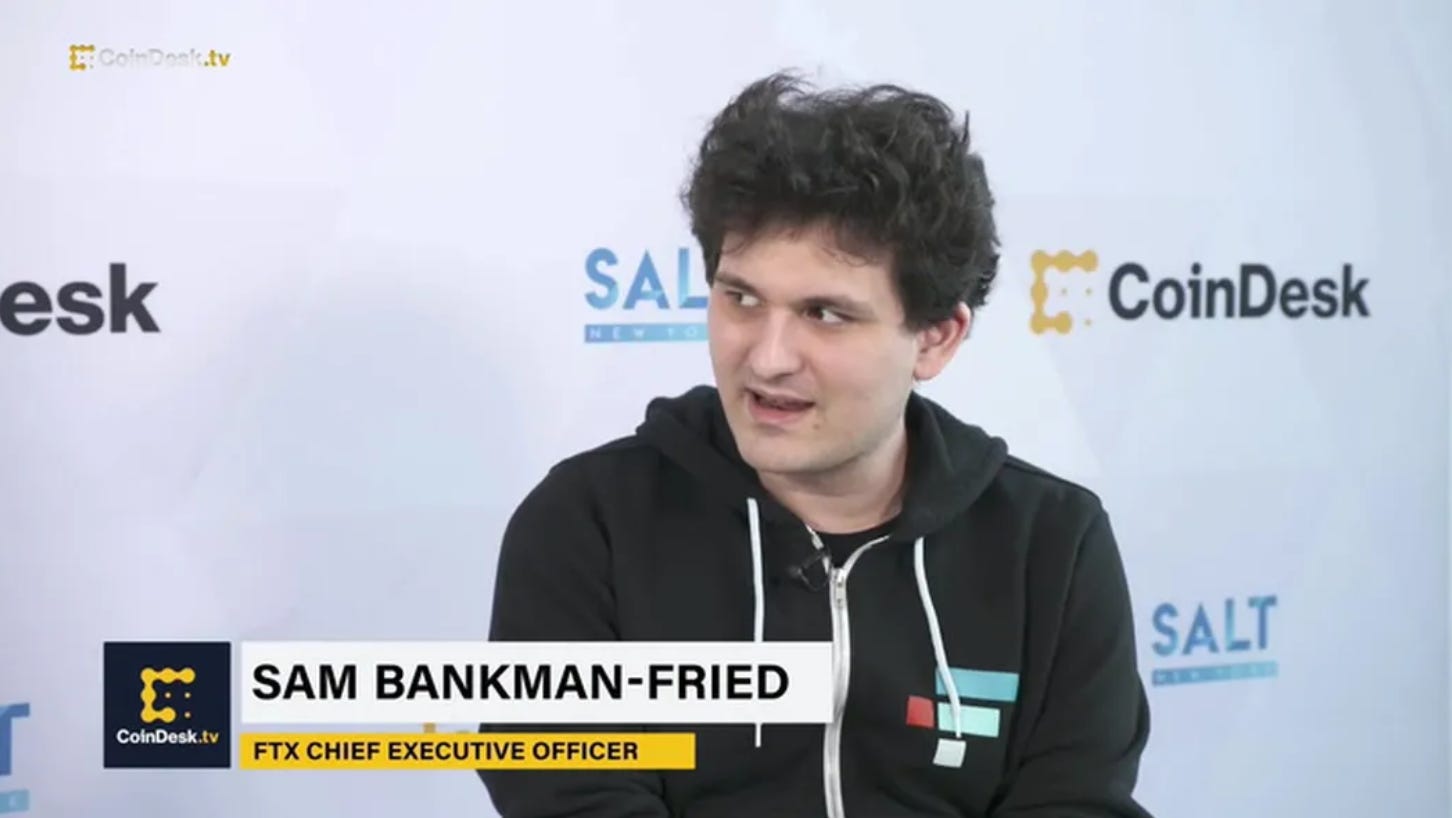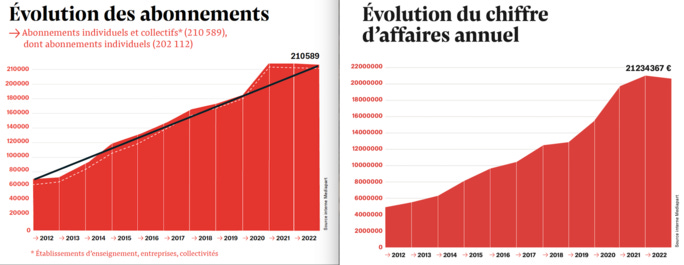On the need for critical startup journalism
The complexities of the globalized startup ecosystem require more than just "news".

The status quo
I get the feeling that startup journalism lacks depth. As an avid consumer of it, two types of pieces seem to make up the vast majority of content: fundraising news, and scandal uncovering. There seems to be a severe absence of situational analysis relating to either the funding or the scandal. In other words: startup media today feels more reactive than proactive.
The fundraising pieces are often upbeat, display the company's merits, and are generally remixes of the company’s press release. This surface-level coverage is obviously necessary for pure market awareness. Yet, I can’t help but wonder why barely anything is written analyzing, and dare I say challenge, the pertinence of the startup’s product.
On the other hand, the scandal pieces often employ a surprised tone, as if the writers couldn’t believe the company they were incensing a couple of months/years ago had now committed serious offenses or ran into the ground. Nowhere does this dichotomy ring truer than in the Web3 world.
The brazen optimism with which startup media often approaches new fundraises may have a rationale to it. My theory is that a lot of startup media was founded by people who were dissatisfied with how traditional business media reported on startups. Continuing down that path, it would mean that an overwhelming majority of startup media is headed by true startup lovers, who have an innate desire to see their sector succeed.
My point here isn’t to say that this is a bad thing. The doer mindset, audacious ambition, and pay-it-forward mentality that is so particular to the startup world are why I chose to work in this sector in the first place. The quasi-open-source mentality of startup knowledge, and the fact that the first thing successful founders want to do is help other founders are truly unique to this industry.
Rather, my point here is that, as stated in the intro, startup media lacks depth. The intrinsic enthusiasm felt by many in the startup media world seems to come at the expense of pragmatic, sober, and down-to-earth reporting on the sector they are supposed to cover.
The need for more
Given the high rates of startup failure, a person intelligently challenging a startup’s product would statistically be vindicated a majority of the time. Yet, fundraising announcements are often drowned in praise, leaving the reader to build a critical opinion on the matter through their own means.
There is thus a need for a different form of startup journalism. One that doesn’t act as a speakerphone for the companies it covers, but instead as a practical analyst of the situations at hand. Founders’ role is to pitch their companies, while startup media’s role should be to relay those talking points while taking a step back to evaluate the stories being pitched through a lucid lens.
The need for such content is even greater in the case of younger startup ecosystems, which represent a significant portion of the ones I cover.

Hiding the ugly ducklings
In many of the countries I’ve covered, there seems to be an unofficial omertà about publicly critiquing the local startup ecosystem. The reason for the radio silence is understandable: in ecosystems already lacking international interest and funding, the belief is that pointing out the ecosystem’s flaws will hamper its growth.
In some regions, the problematic positioning foreign aid organizations adopt in local startup ecosystems is known, and is a shared frustration amongst many founders. However, foreign aid often represents some of the only sources of early-stage funding, so founders bite the bullet. It is telling that the piece I wrote about the topic was well-received by people in the ecosystems concerned. That echoes a shared, but silenced, disgruntlement about that particular topic.
Other topics that are often thrown under the carpet include systemic corruption, political instability, or more complex issues such as restrictive foreign currency policies. This tendency of hiding an ecosystem’s ugly ducklings isn’t proper to a region in particular: it is true from Paris to Nairobi. And oftentimes, local startup media is relatively complicit.
Once again, for people working for the development of the ecosystem, this stance makes sense. They are like founders pitching their company, it would be counter-intuitive for them to do the opposite. However, the role of the media should be to counterbalance their views with the less appealing aspects of their ecosystem that also need to come to light.
I would argue that a media holistically covering an ecosystem including the good, the bad, and the ugly would benefit rather than hurt these ecosystems in the long run. When the founder of Daba, Boum III Jr, was asked about the risk of investing in African startups, he aptly replied that “every single country has inherent risks. The goal is for the investor to decide where they want to set their risk cursor”.
The problem with incomplete coverage of a particular startup ecosystem is that investors don’t know where their cursor falls. Hiding the ugly duckling might work once or twice, but once a foreign investor gets burned for a problem they didn’t anticipate, it’ll be an uphill battle to get them to invest in that ecosystem again.
Theorizing a business model for such a media company
A startup media covering the global startup world with less fanfare but more objectivity would get fewer clicks and views. It’s easier to share a cheery fundraising article rather than a long piece deeply questioning the core of a new startup’s business model.
The goal here wouldn’t be to create a contrarian media for the sake of it, but rather a place where readers can get more context, data points, and differing opinions about the increasingly complex startup world.
If objectivity is the cornerstone of this new media company, external pressures would be its worst enemy. Combined with the fact that its content would have a significantly reduced reach due to its complexity, an ads-based business model is out of the picture.
An interesting case study in this aspect is Mediapart, one of France’s leading newspapers, which is notable for its unique monetary structure. Mediapart has no investors, doesn't run ads, and is financed by more than 200,000 people paying the $12/month subscription. Leaving all political affinities aside (Mediapart describes itself as an “activist” media), the press room’s independence has enabled Mediapart to talk about and expose certain things other newspapers didn’t (or couldn’t?).
The way Mediapart goes about growth is interesting. Absolutely all of its written content is behind a paywall. However, it also runs an active Youtube channel, produces a podcast, and organizes conferences, which all contribute to growing the top-of-funnel audience that could at some point convert to paid subscribers.
Coming back to our theoretical “pragmatic” startup media, Mediapart’s business model could be combined with a “creator economy” mindset, methodically launching and testing new formats one by one, while staying hyper-lean on the number of team members.

Conclusion
The startup world (the use of the word “world” intentionally represents the quick globalization of the sector) appears to be covered too lightly. The differing complexities of startup ecosystems globally are often brushed over, in favor of simplistic “Africa rising” or “Startups to boost the MENA economy” narratives. The legitimate questionings surrounding the VC hyper-growth model in contexts such as healthcare or the global environmental crisis are barely ever addressed, except by folks unfamiliar with the startup world. The latter generally renders spotty, and often very negative, coverage of such issues.
Startups can and have proven to be an extraordinary vector for economic growth, material progress, and social mobility. And yet, the sector’s media apparatus seems extremely hesitant to challenge its own fundamentals, focusing critical pieces on startups that have already failed and are thus easy to critique. It’s as if the sector is constantly hanging by a thread, riding on cyclical waves of momentum that no one wants to disturb.
The perceived fragility of the sector is perfect proof of the need to challenge it, in order to make it more introspective, reflective, and ultimately more resilient.
The Realistic Optimist’s work is provided for informational purposes only and should not be construed as legal, business, investment, or tax advice.


